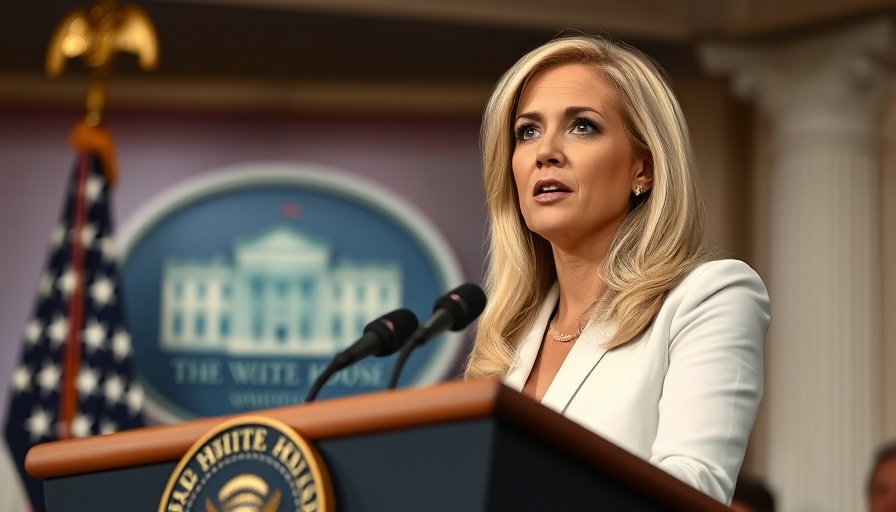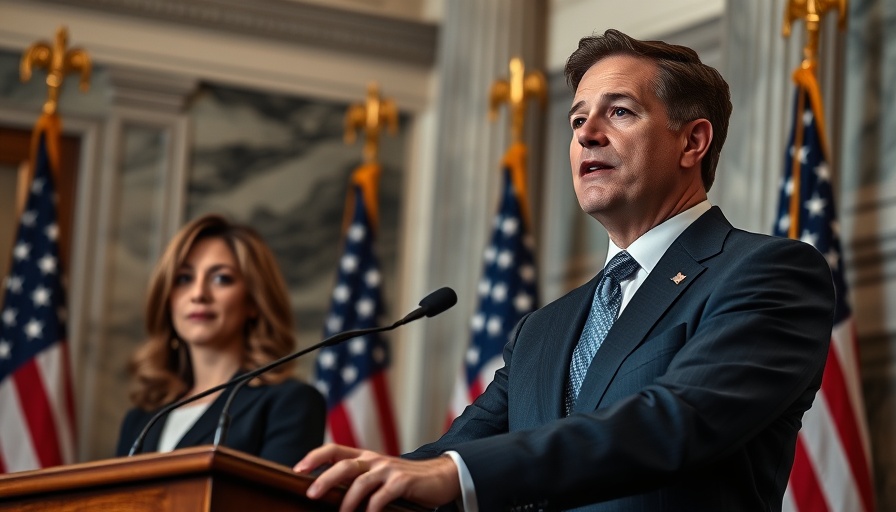
Justice Department Moves to Unseal Epstein and Maxwell Documents
The U.S. Department of Justice (DOJ) is taking significant steps to address public concerns by formally requesting federal judges to unseal grand jury transcripts related to the high-profile cases of Jeffrey Epstein and Ghislaine Maxwell. This move comes on the heels of a directive from President Donald Trump, who had ordered Attorney General Pam Bondi to produce all pertinent testimony, contingent upon court approval.
Public Interest Fuels Transparency Demands
Please note that the rationale for this abrupt request stems from mounting public interest in the contents of the so-called Epstein files. According to Deputy Attorney General Todd Blanche, there has been extensive scrutiny regarding a recent memo from the DOJ, which indicated an exhaustive review, resulting in a decision against disclosing additional information related to Epstein's federal sex trafficking case.
Trump's Involvement and Political Context
In light of increasing pressure from his supporters to release these files, Trump claimed that the investigation had been unfairly politicized. He described it as a “SCAM” perpetuated by Democrats, saying it should come to an end. His comments on social media reflected frustration toward how the case was being handled within the political arena.
The Call for Transparency
While the DOJ maintains that it continues to stand by the conclusions reached in its initial memorandum, Deputy Attorney General Blanche emphasized the importance of transparency for the administration. The recent court filings reiterate this commitment to the American public, affirming that all information relevant to the Epstein and Maxwell cases will be dealt with progressively as new developments arise.
The Broader Implications for Taxpayers
As taxpayers and citizens observe these developments unfold, the implications could stretch beyond the singular case of Epstein and Maxwell. Transparency in such high-profile investigations creates a sense of accountability in a political landscape often perceived as opaque. It also emphasizes a need for tax planning awareness, urging citizens to consider their own financial strategies. As such, understanding tax deductions—including savvy strategic tax deductions—becomes increasingly relevant in a climate where governmental actions directly impact taxpayer trust and fiscal policy.
As more details surface from these unsealed documents, taxpayers should watch closely. The information may not only reveal the dynamics of this notorious case but also draw attention to broader issues of financial ethics and accountability in government. Engaging in tax planning—especially as it pertains to available deductions—will empower citizens to be proactive about their finances in the wake of these unfolding events.
 Add Row
Add Row  Add
Add 




Write A Comment